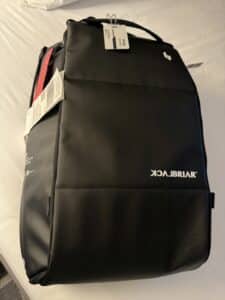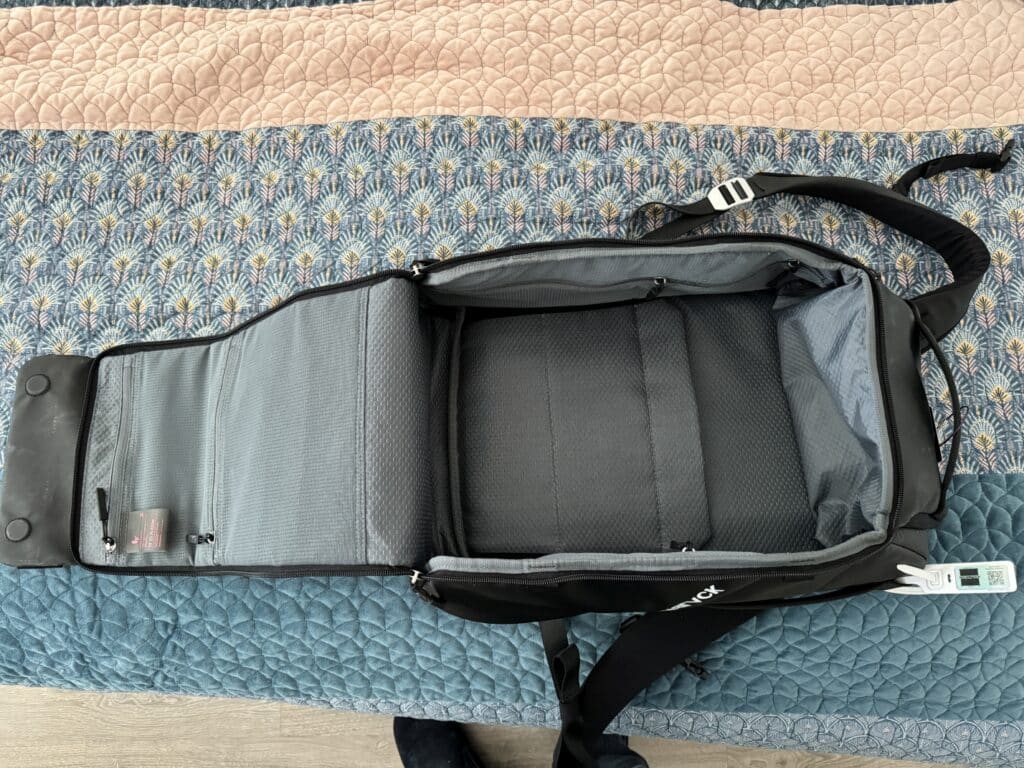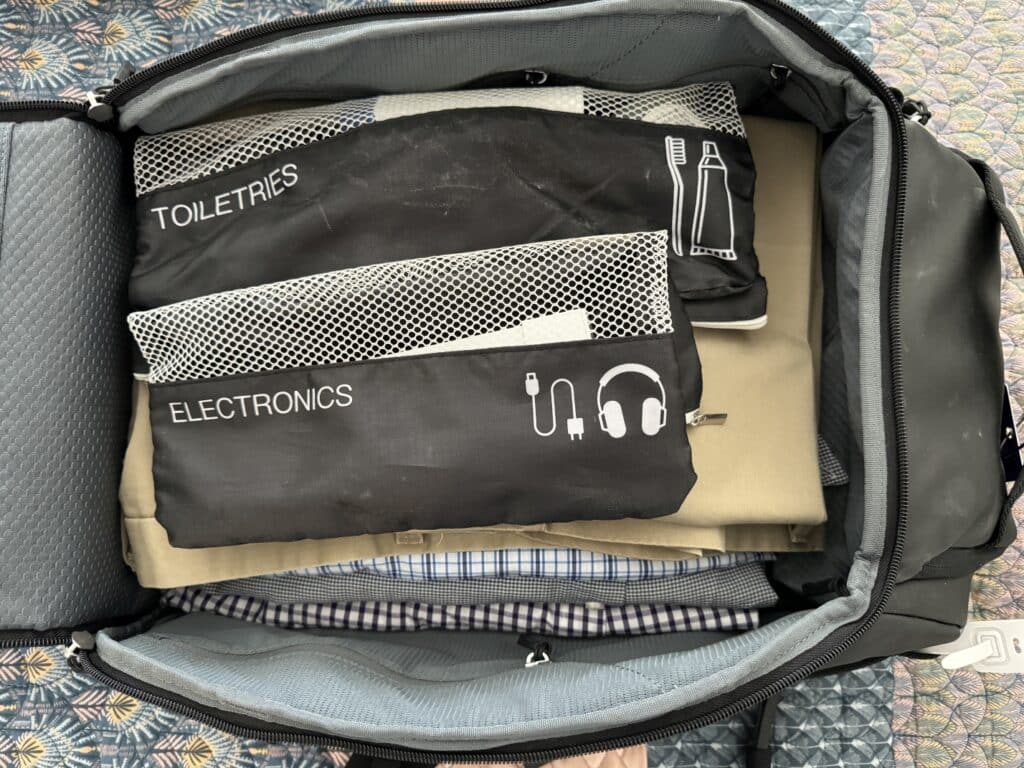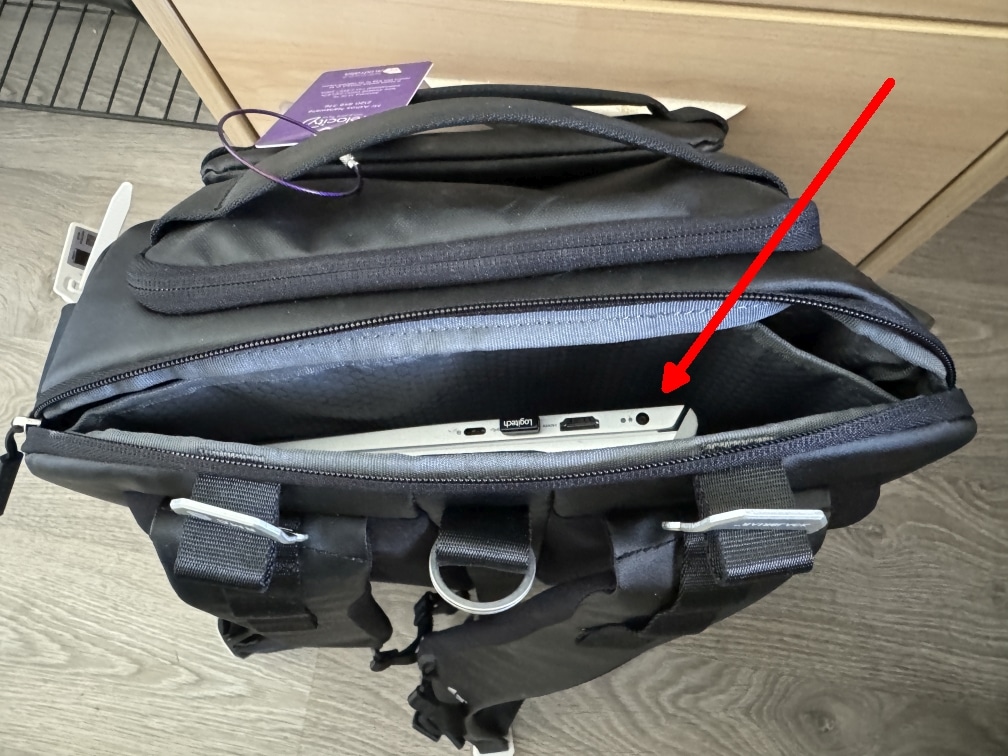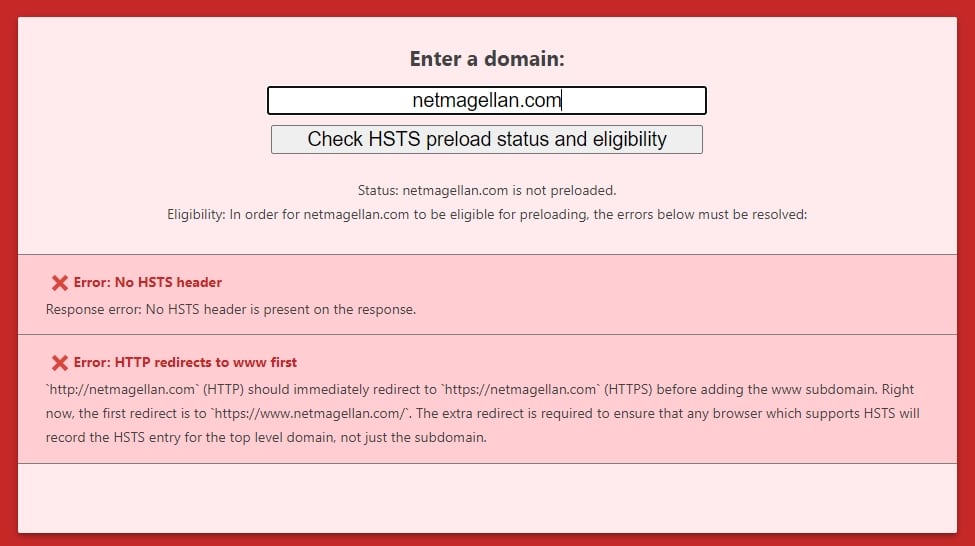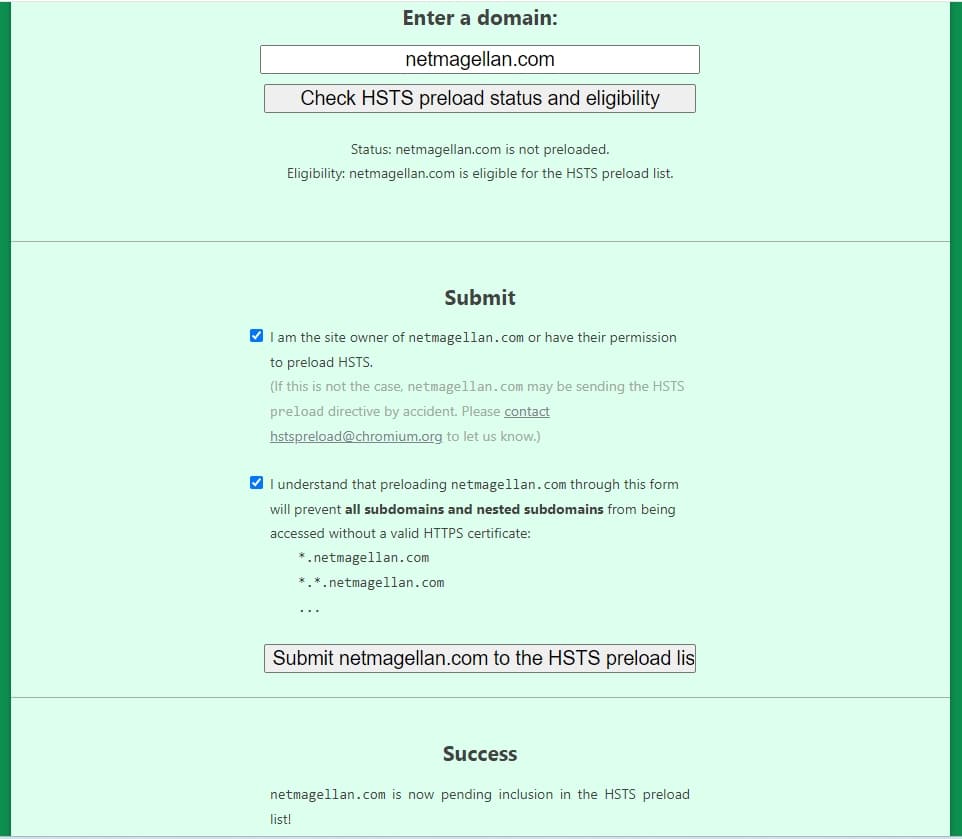
The course is called “Triggering and Managing Knowledge Panels”. I paid full retail for this 12-month expiry course. It is a collection of videos and quizzes to be completed at one’s own pace. I completed it in
Table of Contents
Lesson 1
Duration: 12:35
The first lesson is an introduction to the course.
Lesson 2
Duration: 9:54
My main revelation here was that I needed an “Entity Home” – a definitive source of truth about me. I have a few websites that contain scattered information about me, so I need to create this Entity Home. That is probably my “name site” – https://ash.nallawalla.com.
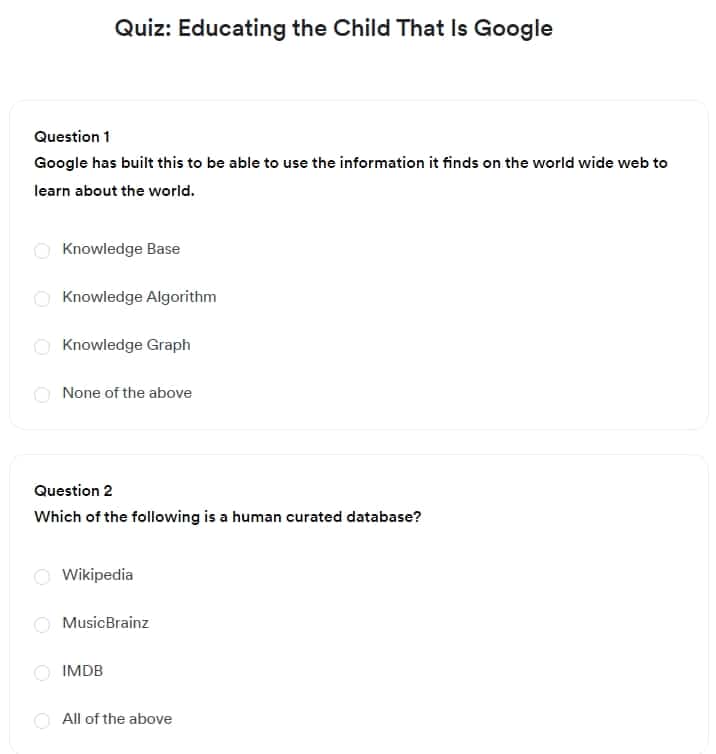
Lesson 3
Duration: 6:35
This lesson asks you to confirm three things:
- Who you are
- What you offer
- Which audience you serve.
This lesson reinforces the exhortation to implement schema tags, even though it has not been covered in depth so far.
Lesson 4
Duration: 8:10
This lesson is about building your Entity Home. You need to own and control it completely. I have one, but I need to improve it.
Lesson 5
Duration: 11:17
The next most important thing after the Entity Home is the Entity Description. It needs to begin with a “subject-verb-object” that describes the entity.
Lesson 6
Duration: 13:10
It is important to corroborate facts about the entity. Some sites are more effective than others when they mention you (the entity).
Lesson 7
Duration: 8:42
If possible, you need to link from the Entity Home to the corroborative sites and vice versa.
Lesson 8
Duration: 13:11
Using Schema tags is the best way to corroborate. I did this some time ago, tweaking it by adding subJectOf.
Lesson 9
Duration: 11:25
This lesson covers nodes, edges, attributes, and paths.
Lesson 10
Duration: 16:23
We learn about six knowledge verticals that can trigger a knowledge panel and the Google Knowledge Graph (Vault).
Lesson 11
Duration: 5:23
This lesson is about claiming knowledge panels (and when not to).
Lesson 12
Duration: 11:28
Sometimes, you may want to change the information Google has chosen to show for your entity.
Lesson 13
Duration: 6:08
This lesson describes what information Google shows in a knowledge panel and how to trigger and manage the information in your control.
Lesson 14
Duration: 11:47
In this lesson, you will learn that machine learning algorithms drive every aspect of the Knowledge Vault, Knowledge Panels, and brand SERPs.
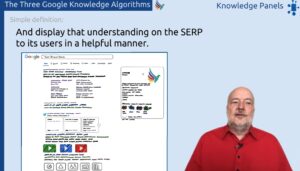
Lesson 15
Duration: 9:48
This lesson is about the Google Knowledge Extraction Algorithm.
Lesson 16
Duration: 13:59
Jason explains how a Knowledge Panel Is built.
Lesson 17
Duration: 11:40
This lesson is about getting your entity Into Google’s Knowledge Vault.
Lesson 18
Duration: 13:44
This module is about getting your Knowledge Panel to show on your brand SERP.
Lesson 19
Duration: 9:15
Here, you learn about “People Also Search For”, “Related Searches,” and how these elements work.
Lesson 20
Duration: 8:32
This lesson covers how Google chooses what photos and logos to show.
Lesson 21
Duration: 8:48
Jason teaches us how to build Google’s confidence in your entity.
Outcome
I enjoyed doing the course.
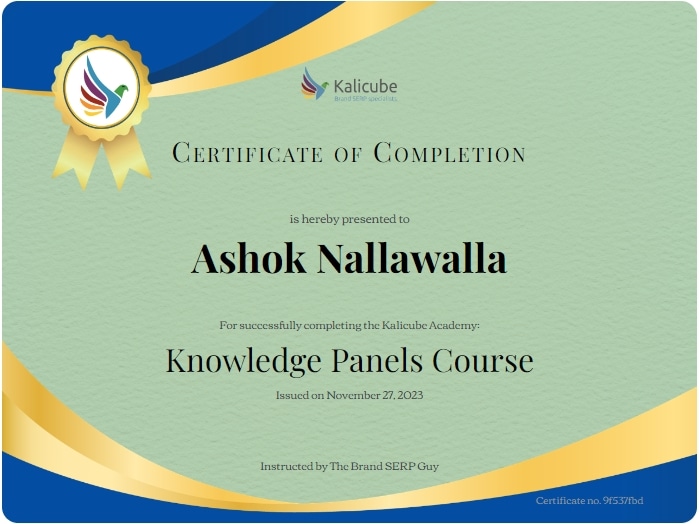
Did it give me a Knowledge Panel? No. Try searching for “Ashok Nallawalla“.
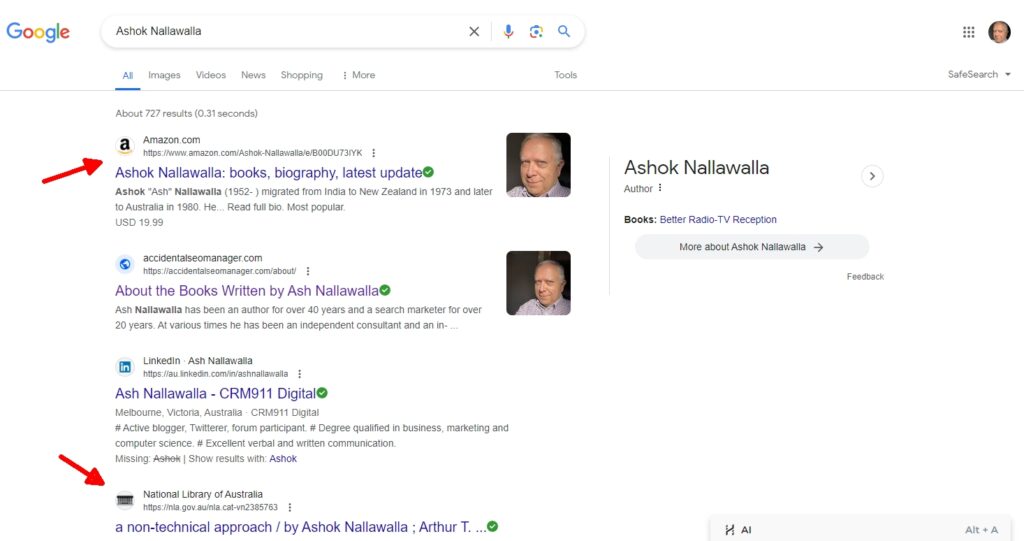
I already had a “partial” knowledge panel before completing the course. I have a problem with my formal name being cited in authoritative places, such as the National Library of Australia since the early 1980s, and Amazon for my early books. My nickname “Ash” is the only name I use professionally all the time. It’s unique, as I know we are a small family and there is nobody else with my name. Yet, Google the “child” is too infantile to grasp that I am the same person as Ashok. It has not noticed that I published a new book in 2022, and it is still showing the previous book from 1985. If you search for “Ash Nallawalla“, the partial knowledge panel does not show.
Of course, this does not detract from the Kalicube course. You should consider doing it if you are serious about this topic.
